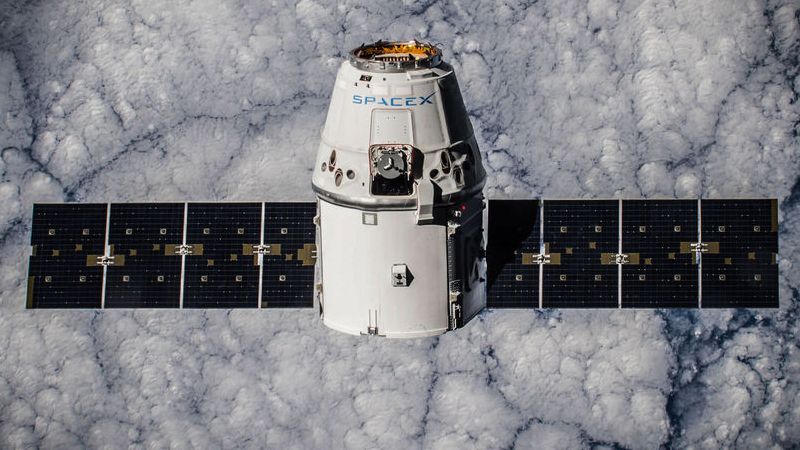Confirmed: Google will help Elon Musk put his internet satellites in space
When Indiegogo just won't cut it...

Sign up for breaking news, reviews, opinion, top tech deals, and more.
You are now subscribed
Your newsletter sign-up was successful
Update: SpaceX has now confirmed that the rumours were true. Google will invest a large amount of money into the company, which will presumably help it get its satellite project (literally) off the ground.
Both Google and Fidelity have agreed to cough up a total of $1 billion for SpaceX, and will collectively own just under 10% of the company as a result.
The statement from SpaceX reads: "This funding will be used to support continued innovation in the areas of space transport, reusability, and satallite manufacturing."
Original story below...
Elon Musk is going to launch a fleet of internet satellites in space, but considering the size of the sum it will cost, Kickstarter probably won't be a viable option.
However according to a new report, Google is about to sign a very sizeable check with Musk's name on it (or SpaceX - how Elon does his banking is none of our business).
Musk's plan is to develop an army of SpaceX satellites that will beam cheap internet around the globe, opening access to billions of people who aren't currently connected.
Sign up for breaking news, reviews, opinion, top tech deals, and more.
The Wall Street Journal reports that Google is close to investing $1 billion in the project, reiterated by The Information. As we reported yesterday, SpaceX will launch about 700 small satellites with a particular focus on bringing internet to developing areas.
Of course, Google itself has been working on a balloon-based project with similar intent, named Project Loon. That may continue, but as is the Google way - why build it when you can get someone else to do it instead?

Hugh Langley is the ex-News Editor of TechRadar. He had written for many magazines and websites including Business Insider, The Telegraph, IGN, Gizmodo, Entrepreneur Magazine, WIRED (UK), TrustedReviews, Business Insider Australia, Business Insider India, Business Insider Singapore, Wareable, The Ambient and more.
Hugh is now a correspondent at Business Insider covering Google and Alphabet, and has the unfortunate distinction of accidentally linking the TechRadar homepage to a rival publication.